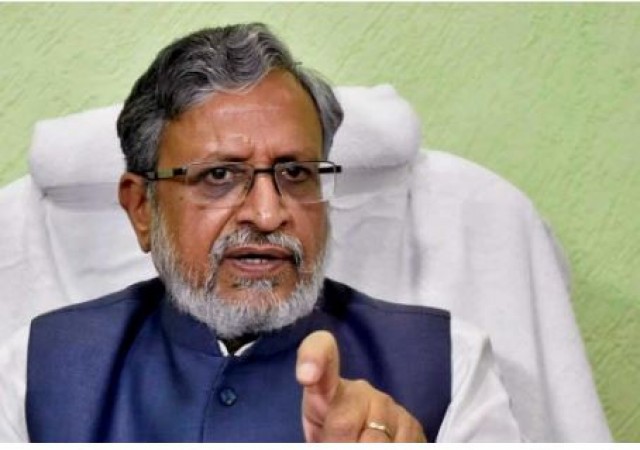
Sushil Modi, a respected political figure, has recently disclosed that he is undergoing treatment for cancer. However, the exact type of cancer he is facing has not been publicly revealed. This news has sparked concerns and raised awareness about the importance of understanding various types of cancer and their implications.
Understanding Cancer: A Complex Disease
Cancer is a multifaceted disease characterized by the abnormal and uncontrolled growth of cells in the body. It can affect any part of the body, and there are numerous types of cancer, each with its own distinct characteristics, symptoms, and treatment options. From breast cancer to lung cancer, leukemia to melanoma, the diversity of cancer types underscores the complexity of this illness and the challenges it poses for patients, caregivers, and healthcare professionals alike.
Symptoms of Cancer
Recognizing the symptoms of cancer is crucial for early detection and timely intervention. While the specific symptoms can vary depending on the type and location of the cancer, there are some common signs that individuals should be mindful of:
Ways to Identify Cancer
Early detection is key to improving outcomes and survival rates for individuals diagnosed with cancer. There are several strategies and approaches to identifying cancer in its early stages:
Regular Screening: Routine screening tests can help detect cancer at its earliest and most treatable stages. For example, mammograms are recommended for breast cancer screening, colonoscopies for colorectal cancer, Pap smears for cervical cancer, and prostate-specific antigen (PSA) tests for prostate cancer. These screenings are typically recommended based on age, gender, family history, and other risk factors.
Know Your Body: Being aware of any changes in your body and promptly reporting them to your healthcare provider is essential for early detection. This includes paying attention to unusual lumps, persistent pain, changes in bowel or bladder habits, unexplained weight loss, and any other symptoms that are concerning or out of the ordinary.
Genetic Testing: In some cases, genetic testing may be recommended for individuals with a family history of certain types of cancer or known genetic mutations associated with an increased risk of cancer. These tests can help identify individuals who may benefit from enhanced screening, surveillance, or preventive measures to reduce their risk of developing cancer.
Consultation with a Healthcare Provider: If you experience symptoms that are concerning or persistent, it's essential to seek medical attention promptly. Your healthcare provider can conduct a thorough evaluation, including physical exams, diagnostic tests, and imaging studies, to determine the cause of your symptoms and recommend appropriate treatment options.
While the specific type of cancer affecting Sushil Modi has not been disclosed, his public acknowledgment of his battle with cancer serves as a reminder of the importance of awareness, early detection, and access to quality healthcare services. By understanding the symptoms of cancer and knowing how to identify the disease through screening, self-awareness, genetic testing, and medical consultation, individuals can take proactive steps to safeguard their health and well-being. Through continued research, education, and advocacy efforts, we can strive to improve outcomes and support those affected by cancer in their journey toward healing and recovery.
People of this zodiac sign will be free from many problems today, know what your horoscope says
People of this zodiac sign are going to be busy in professional work today, know your horoscope
Financial efforts will be fruitful today for people of this zodiac sign, know your horoscope...